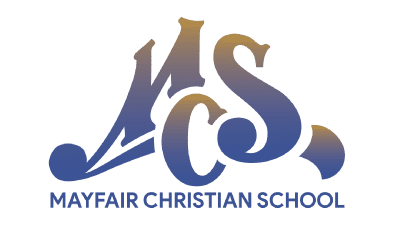Testing
CognitiveGenesis is the first division-wide (United States, Canada, and Bermuda) study to assess Adventist academics in elementary and secondary schools. Researchers at La Sierra University, in conjunction with the North American Division Office of Education (NADOE) and the cooperation of all nine unions, participated in the project. This research initiative is documenting the academic achievement of approximately 30,000 students in the NAD and examines the various factors that are related to achievement.
Map testing takes place three times a year and is used to monitor student academic growth over a given year and beyond. It is also used to drive instruction as educational gaps are being filled.
During the first weeks of school students will participate in MAP testing. The difficulty of the questions on this assessment is based on how well a student answers all the previous questions. As the students answer correctly, the difficulty level increases. If the student answers incorrectly, the questions become easier. This test is not timed but usually takes around one hour to complete. The students will repeat the test two more times within the same school year to assess student progression and adapt learning as needed.
Each test is different for every student as it is designed to target a student’s academic performance in reading, math, and science. These tests are tailored to an individual’s current achievement level.
A RIT scale (Rash Unit) is an achievement scale that is used. This allows you to measure a child’s growth over time regardless of their age and grade. The intervals on the scale are the same for all students tested and provide information on how students have academically achieved according to their peers.
This is a school-wide, ongoing assessment tool, that is specifically used to determine student reading levels. It is also used to monitor students progression in fluency and comprehension which guides teacher instructional focus.
The Ohio English Language Proficiency Assessment (OELPA) is the state summative test used to determine an English learner’s proficiency level and to exit from the English language program. The OELPA is aligned to the K-12 English Language Proficiency Standards and is used to meet the federal requirement of an annual assessment of English proficiency measuring listening, speaking reading and writing. The OELPA is an online assessment that is required for all English learners. Paper testing is available for students who cannot test online.
Academic Requirements
Lucy Calkins is a reading and writing program which allow students to learn in a workshop environment that provide daily opportunities for students to extensively practice their skills in these areas. The instructional focus models varies aspects of reading and writing through mini lessons and then provide coaching for students through conferencing during practice sessions.
Our spelling program introduces vocabulary usage and comprehension through the use of the Pathways 2.0 for grades 1-8. Stepping Stones is used for the reading writing and spelling subjects in grades K - 2. This establishes a strong foundation for appropriate progression early on and addresses the needs of all our students, including English language learners.
We have begun a new math program for grades K-8 entitled Big Ideas. It provides an opportunity for students to use manipulatives and other resources to gain a real world perspective on how to use math in their everyday life.
Our Encounter Bible Curriculum is an interactive program that was fully adapted by the North American Division of SDA to bring Bible to life and encourage students to develop a relationship with Christ. It uses inquiry based learning where students are taking charge of their spiritual progression while making their own decisions for Christ. Please see the video below for testimonials and more information.
Science by Design is a curriculum that allows students to explore scientific methods and concepts in the physical, earth, and life sciences as well as the human body. These concepts are then connected to its Creator through scriptural references throughout their study.
Our academic offerings also include tutorial sessions provided by two title I instructors and an ESL/Special Education Intervention Specialist. We also provide regular fine arts opportunities through choir, chimes and art classes instructed by individuals trained in these areas.
